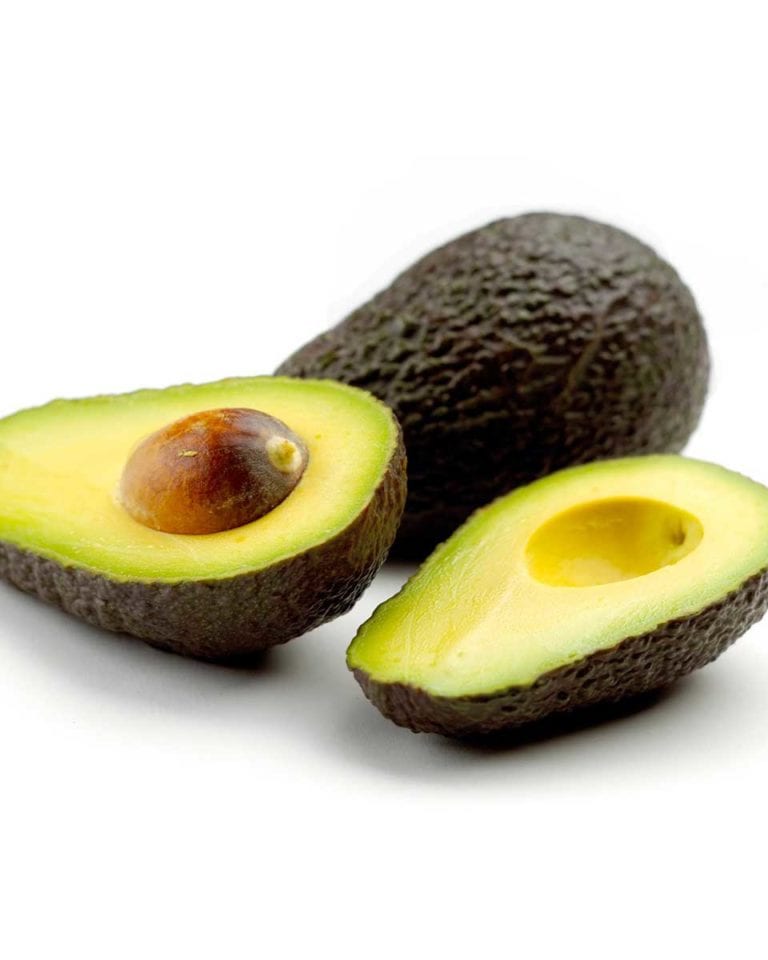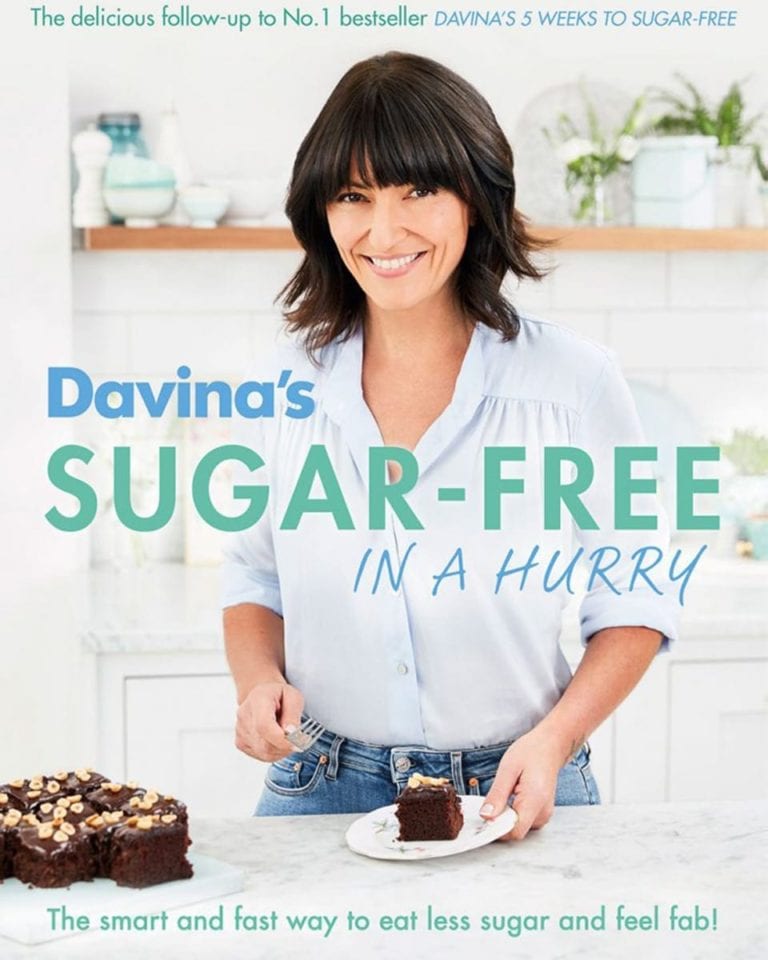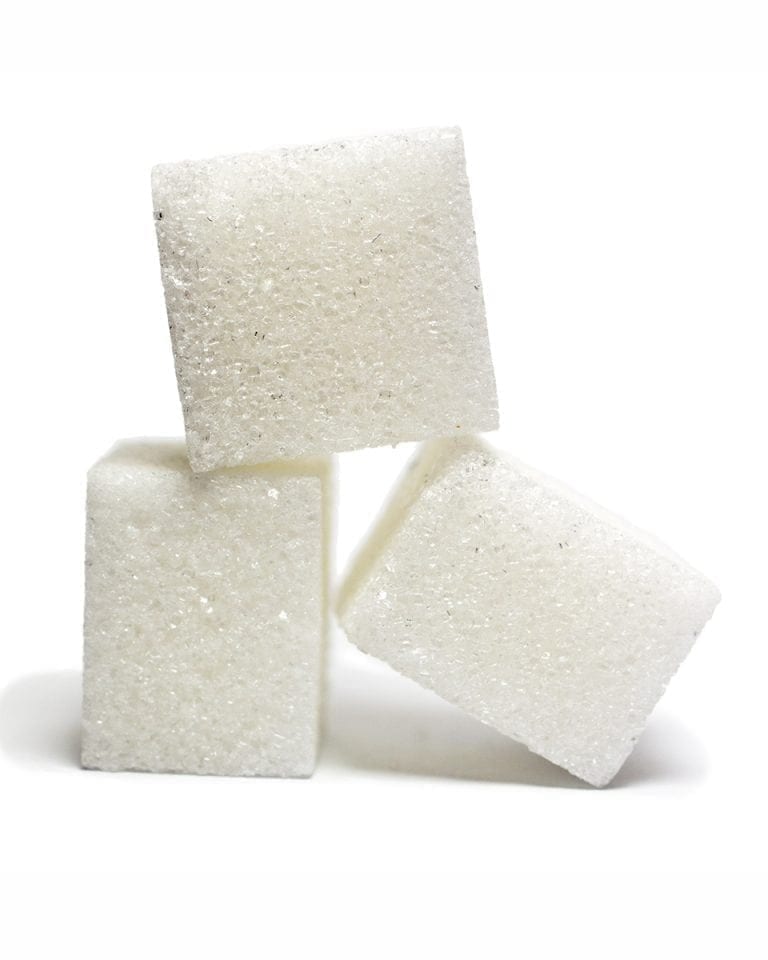Are all sugars the same?
It’s a subject so sticky even the experts are divided. Are all sugars the same? Are so-called ‘unrefined’ sweeteners healthier than the white stuff?
Sue Quinn sets out to find some grains of truth.
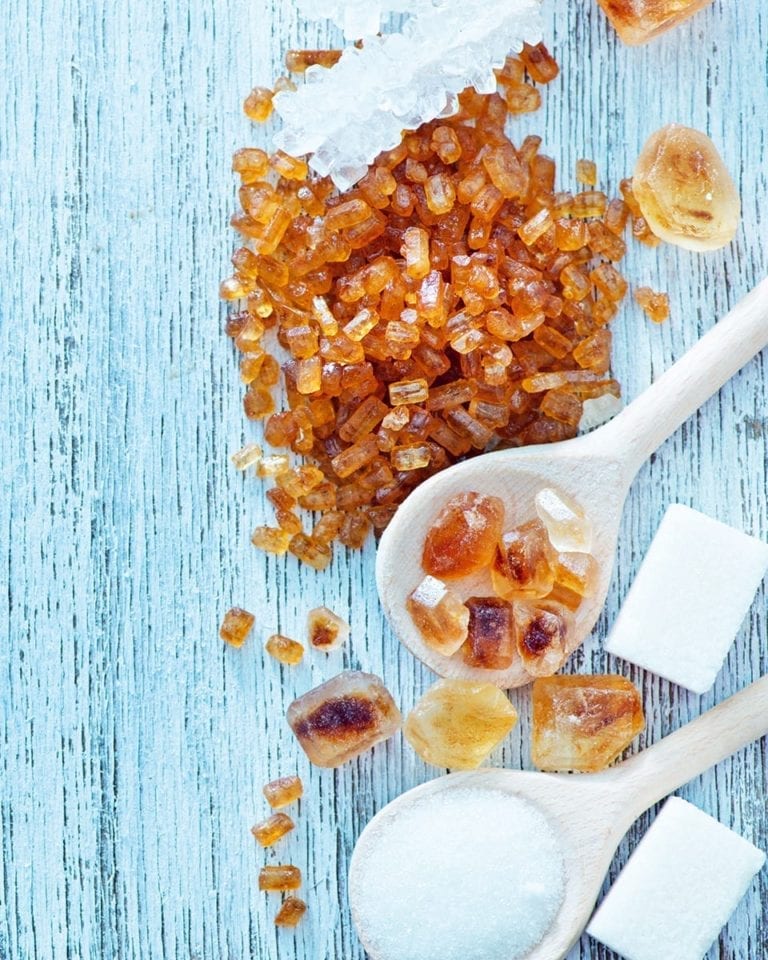
We all enjoy sweet treats now and then, and even anti-sugar campaigners don’t begrudge us an occasional slice of cake. But most of us need to cut back on sugar – a hard task when it comes in so many forms and hides in unlikely places. The smart way to start reducing our intake – and navigate all the misinformation – is to be informed.
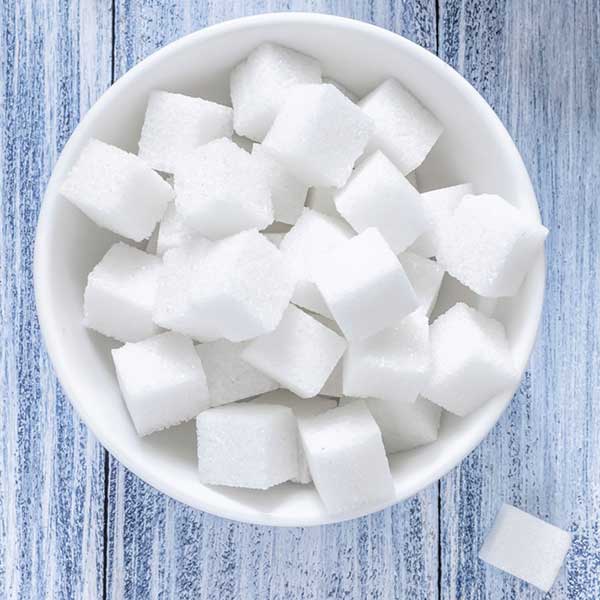
The science bit
In order to function, our bodies need glucose, which is broken down from carbohydrates in food. Complex carbohydrates such as wholegrains and vegetables are converted into glucose and enter the bloodstream slowly. They’re also packed with nutrients. Added sugars, these days known as ‘free sugars’, are simple carbohydrates found in processed foods, cakes, soft drinks and the like. They add flavour and texture to food, and keep it fresher for longer – but nutritionally they’re bad news when we eat lots of them. Free sugars are loaded with calories, and nothing else of nutritional value; they’re linked to high blood pressure, heart disease, type 2 diabetes, obesity and tooth decay.
New guidelines recommend that adults consume no more than 30g free sugars per day (around 7 level teaspoons). The average UK adult currently consumes twice this amount – and teenagers three times it – so we have a lot of cutting down to do.
Where sugar hides
Some foods are obviously sugary. The most dangerous kind is the stuff we don’t realise is sweetened – processed savoury food. Even the peanut butter on your toast contains around half a teaspoon of free sugar per slice (unless it’s homemade). That may not seem a lot, but food manufacturers add sugar to everything from ketchup and baked beans to crisps, ready meals and salad dressing, so it adds up quickly.
That’s why it’s important to read labels. Look for the sugar content under carbohydrates – it’s often listed as ‘carbohydrates (of which sugars)’. More than 22.5g sugar per 100g indicates a high level. Ingredients are often listed in descending order by weight; if sugar is near the top, the product is probably loaded with it, so beware.
‘Unrefined’ sugars: are they better for you?
The food industry and some self-styled health gurus describe honey, agave nectar and various syrups and brown sugars as ‘unrefined’, implying they’re somehow healthier than the white stuff. But according to registered nutritionists, only sugars found naturally in dairy, fruit and vegetables can accurately be described as unrefined. All other so-called unrefined sugars are processed to some degree and count as free sugar – the kind we need to eat less of. That bit’s simple enough.
But what of claims that ‘unrefined’ sugar is healthier? The sugar industry would like us to think that the brown stuff is more wholesome than white, but this claim is questionable. White sugar has been stripped of molasses, which does contain nutrients such as manganese, magnesium and potassium. Non-white sugars (such as ‘raw’, brown, demerara and muscovado) are still refined but some of the molasses has been left in, or removed and a little added back. However, registered nutritionists say the tiny amounts of nutrients in the molasses in these sugars are negligible.
Syrups are more complicated. Molasses, honey and maple syrup, for example, do contain small amounts of minerals and antioxidants. But a teaspoon of honey contains 21 calories and 6g sugar, compared with a teaspoon of white table sugar, which contains 16 calories and 4g sugar. So are the tiny amounts of nutrients in honey worth the excess?
Kawther Hashem, who has an MSc in Nutrition in Public Health and is a nutritionist with campaign group Action Against Sugar, says no. “There is little evidence that these types of so-called unrefined sugars have any health benefits in humans. It is certainly misleading to suggest they are healthy,” she says. “It isn’t just white table sugar we should be limiting in our diets – natural sugars present in honey, syrups, brown sugars, raw sugar and molasses all need to be reduced.”
Monika Stedul, who has a BSc in Nutritional Medicine and another in Neuroscience, believes there is evidence that raw honey, maple syrup and molasses have some nutritional value, especially for people with certain health conditions or poor diets, although more research is needed. (She rarely recommends agave, however, as it contains high levels of fructose, which can lead to a buildup of fat in the liver.) But substituting ‘unrefined’ sweeteners for white sugar isn’t likely to make a big difference nutritionally – it’s better to cut down all sweeteners, she says. “Reducing the sugar in a recipe, by one-third or more, won’t make much difference to the end result,” she suggests. “Also, experiment with different nutrient-dense alternatives: apple sauce, bananas, sweet potatoes and beetroot all make great ingredients in baking. Don’t feel you can never make something like shortbread again, though. I don’t believe you can make real shortbread without butter, sugar and flour. But have it as a treat, not every day.”
The bitter truth is that there’s no silver bullet when it comes to cutting back on sugar. Sugar is sugar, whatever form it comes in.
The four-step sugar challenge
Try to keep your intake of free sugar down to a minimum (less than 30g or 7 tsp per day): if you eat less sweet stuff, your palate will adapt to having less sugar.
- Choose sweet treats with the highest nutrient content, but don’t be fooled: there could be just as much sugar in a ‘healthy’ product.
- Cook as much as you can from scratch, so you know what’s going into your food. The more processed food you eat, the more sugar you’re likely to be eating.
- Read food labels religiously: educate yourself about what you’re eating.
Easy food swaps to help you cut down
We asked the experts at our sister publication, Healthy Food Guide, for their top five:
- Sugary cereal with milk for milky porridge (60% less sugar)
- Jam for no-added-sugar peanut butter (100% less)
- Orange juice for fruit tea (100% less)
- Chocolate cake for fruit scone (62% less)
- Fruit yogurt for natural yogurt (42% less)
From the January 2016 issue of delicious. magazine
Subscribe to our magazine
Food stories, skills and tested recipes, straight to your door... Enjoy 5 issues for just £5 with our special introductory offer.
Subscribe
Unleash your inner chef
Looking for inspiration? Receive the latest recipes with our newsletter
